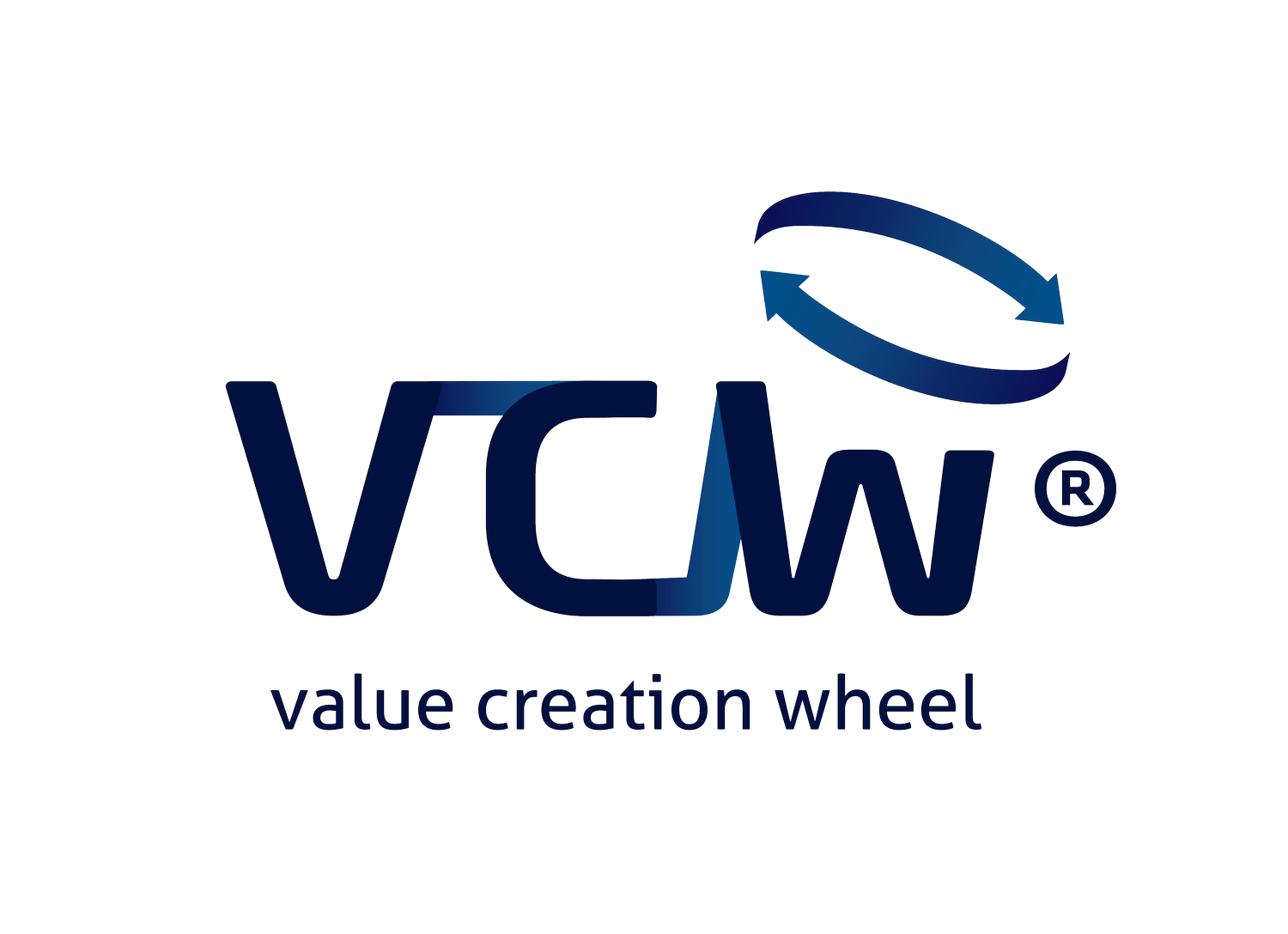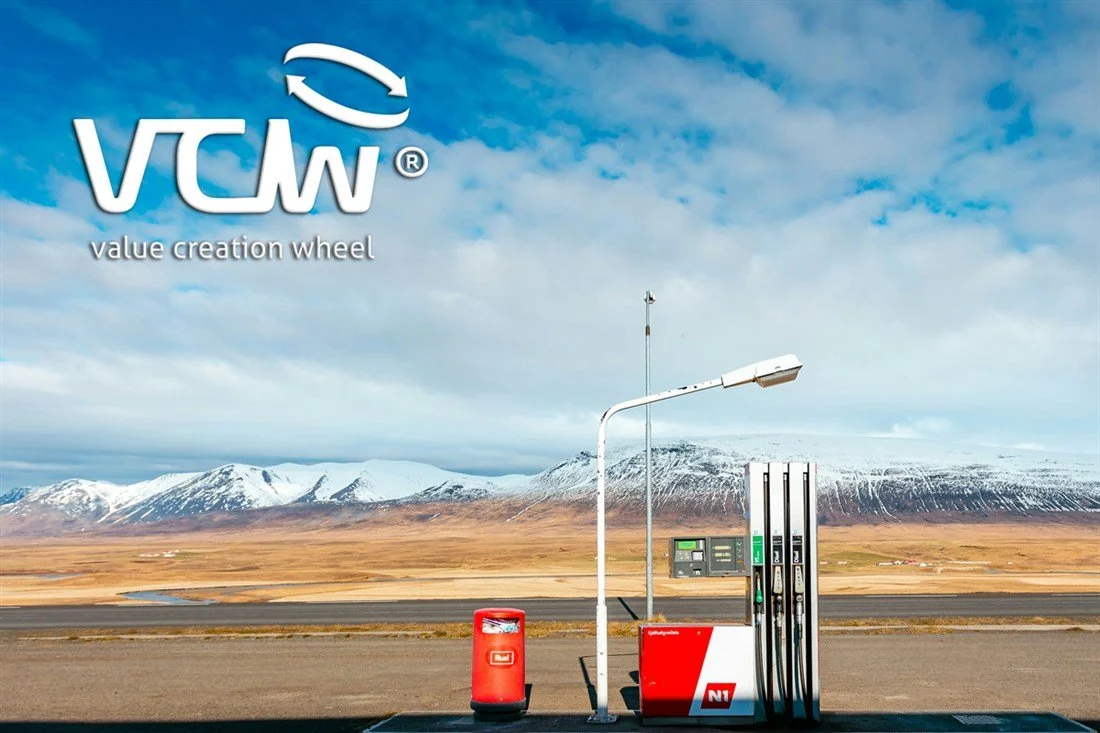VCW 4 Galp: Charging, Batteries, and Biomethane
Exploring innovative energy solutions through structured problem-solving.
Three distinct challenges were addressed using the VCW Funnel methodology.
This project addresses three distinct challenges in the energy sector using the VCW Funnel methodology, focusing on electric vehicle charging, battery repurposing, and biomethane utilization.
Overview:
A VCW workshop at Galp tackled three key energy challenges: rapid deployment of EV charging infrastructure, innovative repurposing of EV batteries, and leveraging biomethane for decarbonization. The workshop utilized the VCW Funnel methodology to analyze each challenge, identify potential solutions, and develop actionable strategies. The process aimed to find innovative concepts to meet the growing demands of the energy transition.
Application and Process:
The workshop addressed three specific diagnostics: 1) Meeting the demand for 3.4 million public EV charging points by 2030, requiring 9,000 weekly installations; 2) Repurposing end-of-life EV batteries for stationary applications to gain a competitive advantage; and 3) Leveraging biomethane to create a new, sustainable business model. The VCW Funnel was applied to each challenge, involving diagnostic analysis, idea generation, filter application, and solution development. This structured process facilitated the exploration of innovative concepts and strategies.
Key Takeaways:
Rapid EV Charging Deployment: Innovative charging concepts are needed to meet the massive demand for public charging points, reducing installation time and grid power requirements.
EV Battery Repurposing: Repurposing EV batteries offers a competitive advantage and a sustainable solution for stationary energy applications.
Biomethane Utilization: Leveraging biomethane provides a significant opportunity to decarbonize the natural gas grid and create new business ventures.
Structured Problem-Solving: The VCW Funnel methodology provides a clear and effective framework for addressing complex challenges.
Diverse Energy Solutions: Exploring multiple energy solutions simultaneously allows for a more comprehensive and sustainable approach.
Conclusion:
The VCW workshop successfully addressed critical energy challenges, demonstrating the methodology's effectiveness in generating innovative and actionable solutions.


